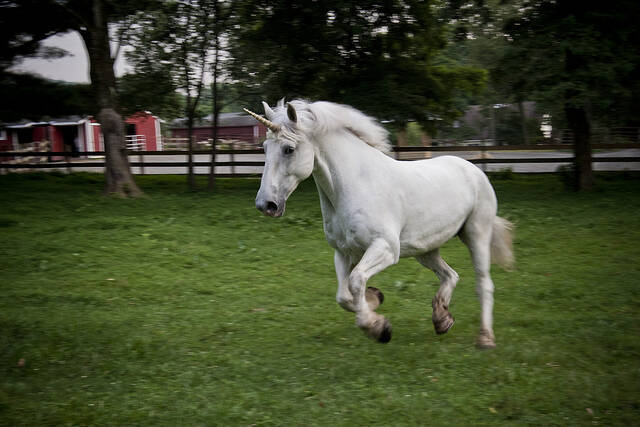Nate Silver’s FiveThirtyEight website now gives the Republicans a 55 percent chance of winning control of the Senate, reflecting a slight shift toward the Democrats and making the contest “pretty darned close.”
But don’t spend too much time trying to come up with an explanation that involves a change in the national mood (or the vibrations, if you will). Silver writes that much of the shift comes from better polls for Democrats Mark Udall in Colorado and Kay Hagan in North Carolina, and those better polls likely come from the two incumbents’ multimillion-dollar cash advantage over their opponents.
For the Republicans, the good news from FiveThirtyEight is that they seem to be tightening their hold on Georgia (an open seat) and Kentucky (Minority Leader Mitch McConnell), and unseating Democratic incumbent Jeanne Shaheen doesn’t seem quite as much of a long shot. (Maybe Republican Scott Brown has gained in the polls because he’s advocating “secure borders” in his TV commercials, and maybe he’s enjoying a boost because he got a lot of press for winning New Hampshire’s tied-for-last-in-the-nation GOP primary last week.)
The FiveThirtyEight projections now have only two states voting for a different party than they did in the 2012 presidential election: Maine, where incumbent Republican Susan Collins is favored, and North Carolina, where Democrat Hagan is now ahead. It may not be a coincidence that both are women.
Two of the three other states where Silver gives at least a 33 percent change of a result different than the presidential race also have women candidates: Iowa, where Republican Joni Ernst has a 44 percent of winning in a blue state, and Louisiana, where Democratic incumbent Mary Landrieu is given a 35 percent chance of hanging on in a very anti-Obama state. (The third is Democratic incumbent Mark Begich in Alaska.) It’s possible that women candidates give each party a slight edge in the very difficult task of attracting voters from across the partisan divide.
Back at Silver’s old New York Times home, the Upshot now give the Republicans a 53 percent chance of gaining a majority, with the same individual predictions as at FiveThirtyEight. If their shared scenario comes true, 85 senators in January will caucus with the party that won their state in the last presidential election. That would be up from 60 in 1997, the seventh year of Bill Clinton’s presidency.
As for a “throw the bums out” result in which large numbers of incumbents from both parties are defeated (a.k.a. a Unicorn Election), I give it an optimistic 3 percent chance. (Boston Globe columnist Jeff Jacoby has a similar view: “In the Detroit News, editorial page editor Nolan Finley foresees ‘an anti-incumbent wave that could become a kick-the-bums-out tsunami by Election Day.’ It’s a sweet dream. But don’t count on seeing it come true.”)
Here is my marker: If both Kentucky’s McConnell (R) and New Hampshire’s Shaheen (D) are bounced, I will become a believer.
Image: Unicorn, a Creative Commons Attribution (2.0) image from robboudon's photostream.








